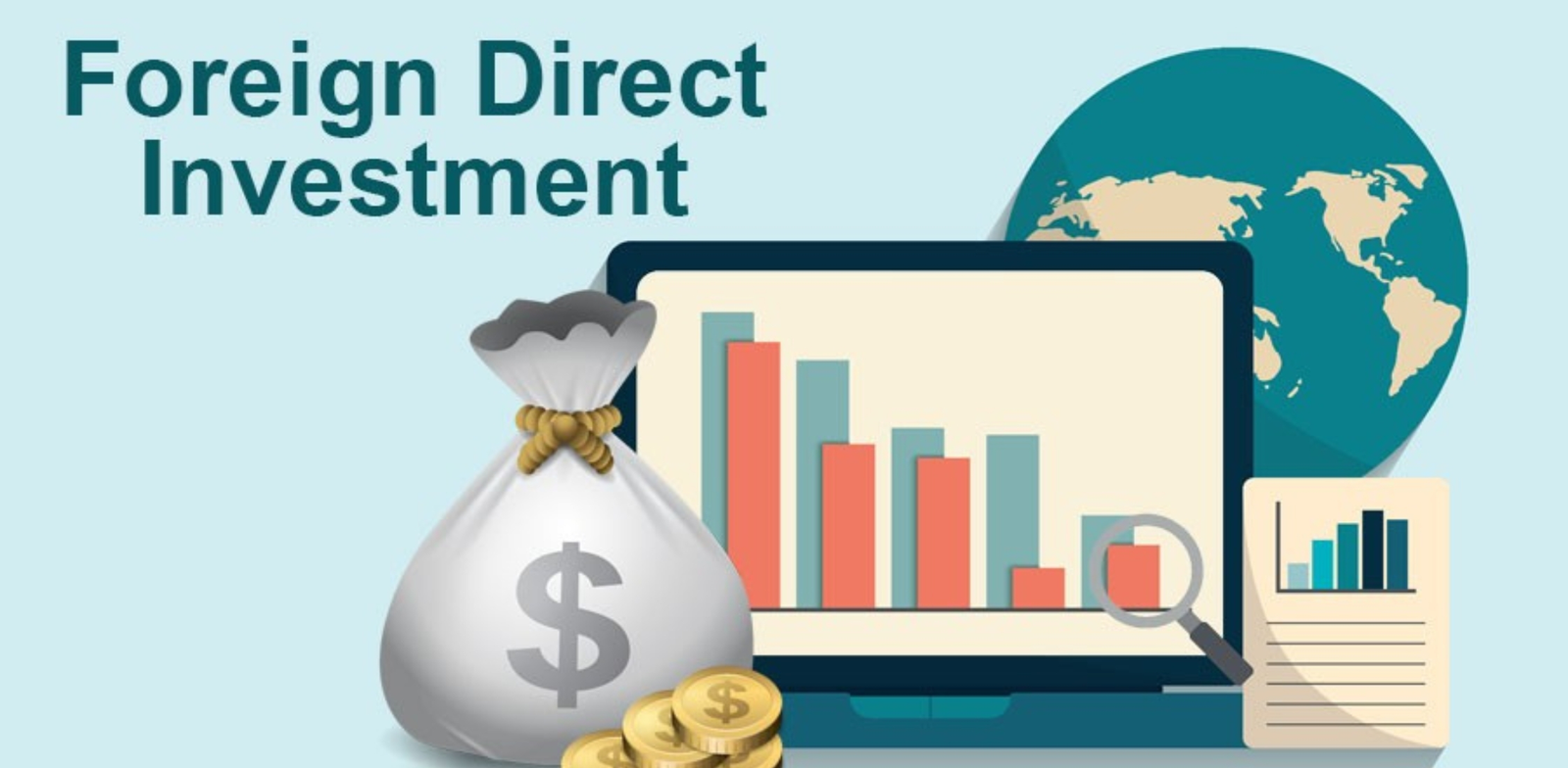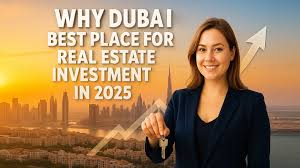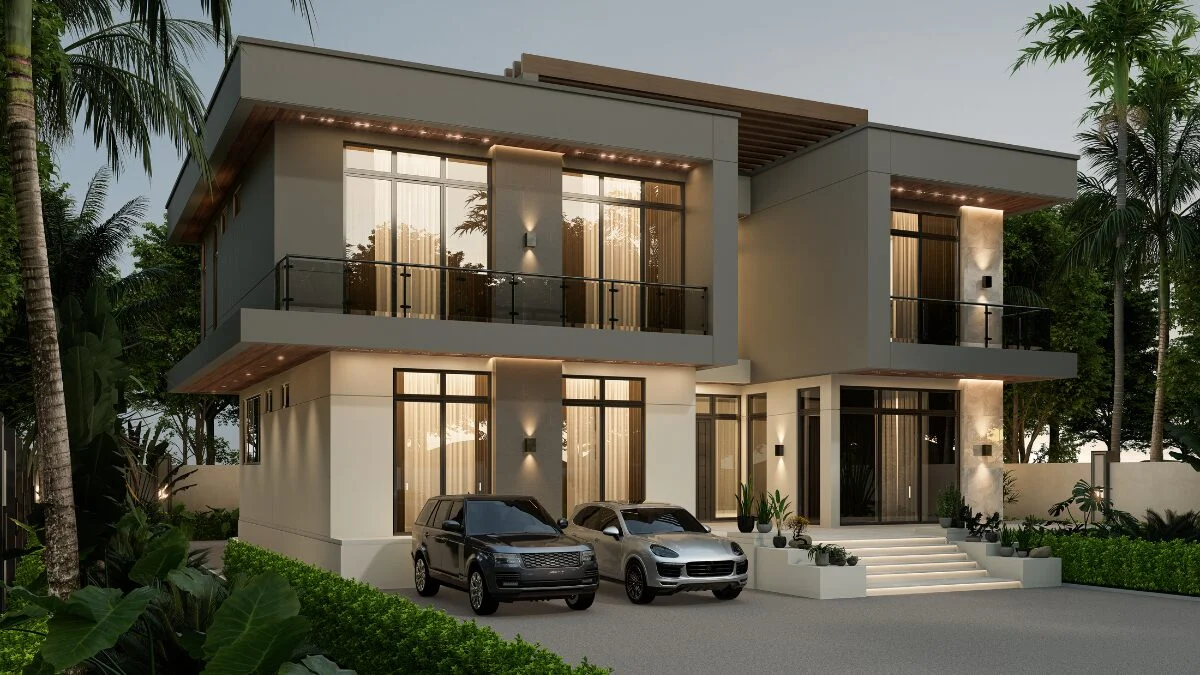Now Reading: Top 5 Reasons Why Foreigners Are Investing in Dubai Property in 2025
-
01
Top 5 Reasons Why Foreigners Are Investing in Dubai Property in 2025
Top 5 Reasons Why Foreigners Are Investing in Dubai Property in 2025

Table of Contents
Foreigners Are Investing : Dubai’s real estate market in 2025 is a global hotspot, with 94,000 residential transactions worth AED 262.7 billion in H1, up 23.04% year-on-year. Foreign investors are drawn to freehold zones, enabled by Decree No. 3 of 2006, offering 6–12% rental yields, 5–15% capital appreciation, and tax-free returns. With a population of 4 million, 25 million annual tourists, and infrastructure like the Blue Line Metro, Dubai combines financial incentives with lifestyle appeal. This article outlines five key reasons why foreigners are investing in Dubai’s property market in 2025, highlighting its economic advantages and strategic benefits.
1. Tax-Free Income and Capital Gains
Dubai’s tax-free environment is a major attraction, with no personal income tax or capital gains tax. A AED 2 million apartment in Dubai Marina yielding 8% generates AED 160,000 annually, fully tax-free, unlike markets like the UK (up to 28% capital gains tax) or the US (15–20%). Selling a property with 10% appreciation (e.g., AED 200,000 profit) incurs no tax. For rental income exceeding AED 375,000 annually, investors can use DIFC or DMCC free zone companies to potentially avoid 9% corporate tax. Consult a tax advisor to ensure compliance with the Federal Tax Authority (FTA) and home country tax obligations.
2. High Rental Yields Compared to Global Cities
Dubai delivers rental yields of 6–12%, outpacing global hubs like London (2.4–4.5%) or New York (4.2–5.4%). Freehold zones like Jumeirah Village Circle (7.5–9.3%), Dubai Marina (6–10%), and Dubai South (8–11%) ensure steady income, fueled by 25 million tourists and a growing expat population. A AED 800,000 studio in JVC can yield AED 74,400/year, while short-term rentals via Airbnb in Business Bay can reach 12%. Use the Dubai Smart Rental Index 2025 and platforms like Property Finder to optimize pricing and occupancy rates.
3. Golden Visa for Long-Term Residency

Investing AED 2 million or more in freehold properties, such as apartments in Downtown Dubai or villas in Dubai Hills Estate, qualifies foreigners for the UAE’s Golden Visa, a 10-year renewable residency permit for the investor, spouse, unmarried daughters, and sons under 25. This visa allows sponsor-free living, working, and studying with no minimum stay requirement, offering stability in a city with top schools and business hubs like DIFC. Processing fees are AED 9,884.75 for the primary applicant (AED 5,774.50 per family member). Verify eligibility via the Dubai Land Department (DLD) and submit title deeds and health insurance.
4. Strong Capital Appreciation Potential
Dubai’s freehold zones like Dubai Creek Harbour (10–15%), Palm Jumeirah (7–12%), and Business Bay (8–12%) offer robust capital gains, driven by infrastructure projects such as the Blue Line Metro and Etihad Rail. A AED 1.5 million apartment in Dubai South could appreciate by AED 150,000–225,000 by 2027. Off-plan projects like Creek Waters II lock in lower prices for 8–12% gains by handover. Monitor market trends via DXB Interact, Bayut, and DLD data to target high-growth areas and ensure long-term value.
5. Stable and Regulated Real Estate Market

Dubai’s real estate market is tightly regulated by the DLD and Real Estate Regulatory Agency (RERA), ensuring transparency and investor protection. Escrow accounts for off-plan projects, mandated by Law No. 8 of 2007, safeguard funds, with 99% developer compliance reported in 2024. RERA-registered agents, verifiable via the Dubai REST app, and title deed checks via the DLD portal prevent fraud (150+ cases flagged in 2024). Strict regulations, including developer ratings and project tracking, minimize risks, making Dubai safer than less-regulated markets. Engage RERA-registered professionals for secure transactions.
Strategic Tips for Foreign Investors
- Target high-yield zones like JVC for affordability or Dubai Marina for luxury rentals to maximize income.
- Budget for costs: 4% DLD transfer fee (often split), 2% agent commission plus 5% VAT, service charges (AED 7–30 per sq. ft.), and 0.25% mortgage fees plus AED 290 if financing.
- Verify developer reliability (e.g., Emaar, Nakheel, DAMAC) and escrow accounts via the DLD portal to mitigate risks.
- Optimize rentals via Airbnb in tourist-heavy areas or long-term leases in family-friendly zones, using the Dubai Smart Rental Index 2025.
- Use DXB Interact, Bayut, and DLD data for market insights, and track infrastructure updates via the RTA Dubai App for appreciation potential.
- Engage RERA-registered agents and legal advisors to ensure compliance with DLD, FTA, and RERA regulations, and consult tax advisors for home country obligations.
Conclusion
Foreigners are investing in Dubai’s property market in 2025 due to its tax-free income, high rental yields, Golden Visa benefits, strong capital appreciation, and stable, regulated environment. Freehold zones like Dubai Marina, JVC, and Dubai Creek Harbour offer diverse opportunities for 6–12% yields and 5–15% capital gains. By verifying compliance with DLD, leveraging flexible payment plans, and using market tools like Bayut, foreigners can confidently secure properties in Dubai’s thriving real estate market, blending financial returns with lifestyle advantages in a global hub.
read more: Dubai Property Taxes Foreign Investors Should Know Before Buying



















